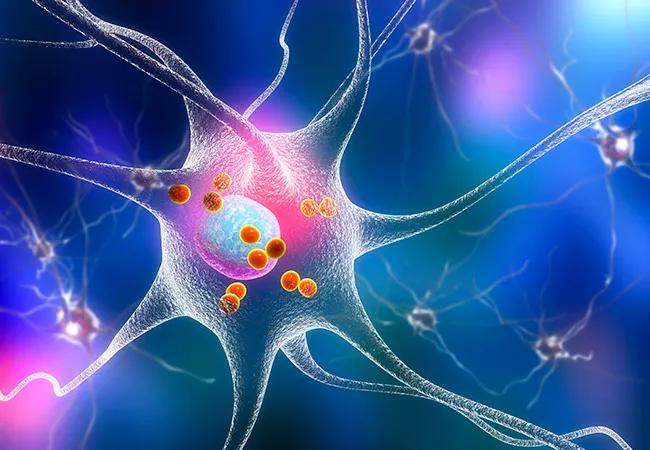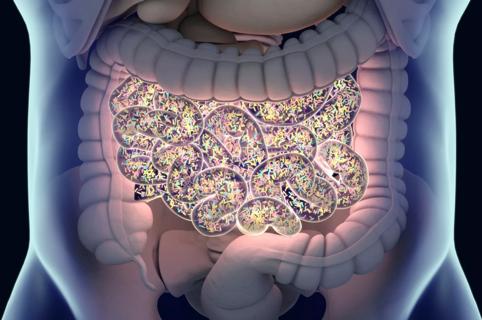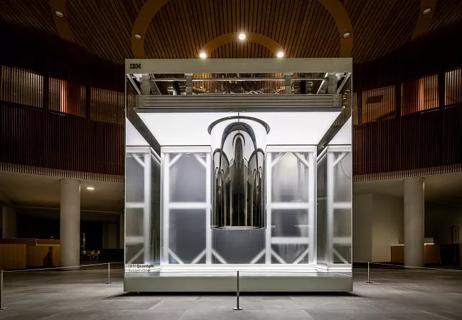$3.8M NIH grant fuels effort to develop a multimodal and multivariate model

The National Institute of Neurological Disorders and Stroke has awarded a grant expected to total $3.8 million to Virendra Mishra, PhD, associate staff at Cleveland Clinic Lou Ruvo Center for Brain Health, to identify biomarkers to predict dementia in patients with Parkinson disease (PD).
Advertisement
Cleveland Clinic is a non-profit academic medical center. Advertising on our site helps support our mission. We do not endorse non-Cleveland Clinic products or services. Policy
“Although dementia affects approximately 50% to 80% of those living with Parkinson disease within 12 years of diagnosis, currently there are no means for predicting dementia in specific individuals,” says Dr. Mishra. “The possibility of identifying who will develop dementia with Parkinson disease progression has several clinical benefits, including providing individuals with greater clarity on their future and helping clinicians better manage disease progression.”
The five-year grant supports a project titled, “Towards Generating a Multimodal and Multivariate Classification Model from Imaging and Non-Imaging Measures for Accurate Diagnosis and Monitoring of Dementia in Parkinson’s Disease.” The project will use biomarkers spanning imaging, blood, cerebrospinal fluid and genetics to develop a predictive mathematical model to identify specific individuals with Parkinson disease who may develop dementia as their disease progresses.
Dr. Mishra and colleagues will combine sophisticated and pathologically relevant neuroimaging measures, such as diffusion-weighted MRI and resting-state functional MRI, with patients’ clinical, demographic and genetic data, as well as cerebrospinal fluid analysis, in an effort to:
The researchers aim to use their findings to develop a method that can be applied in clinical care with a greater-than-chance success rate to improve patient outcomes.
Advertisement
In addition to clinical implications, identifying pathophysiology-based biomarkers for dementia in Parkinson disease is critical to better understanding of underlying pathophysiological processes. And it can guide selection of appropriate candidates for clinical trials of potential new disease-modifying therapies.
Additionally, the novel imaging techniques developed for this research are expected to be applicable in other neurodegenerative disorders, such as Alzheimer’s disease, to help advance the understanding of disease-specific neuroanatomical changes indicative of dementia.
Advertisement
Advertisement

First full characterization of kidney microbiome unlocks potential to prevent kidney stones

Researchers identify potential path to retaining chemo sensitivity

Large-scale joint study links elevated TMAO blood levels and chronic kidney disease risk over time

Investigators are developing a deep learning model to predict health outcomes in ICUs.

Preclinical work promises large-scale data with minimal bias to inform development of clinical tests

Cleveland Clinic researchers pursue answers on basic science and clinical fronts

Study suggests sex-specific pathways show potential for sex-specific therapeutic approaches

Cleveland Clinic launches Quantum Innovation Catalyzer Program to help start-up companies access advanced research technology